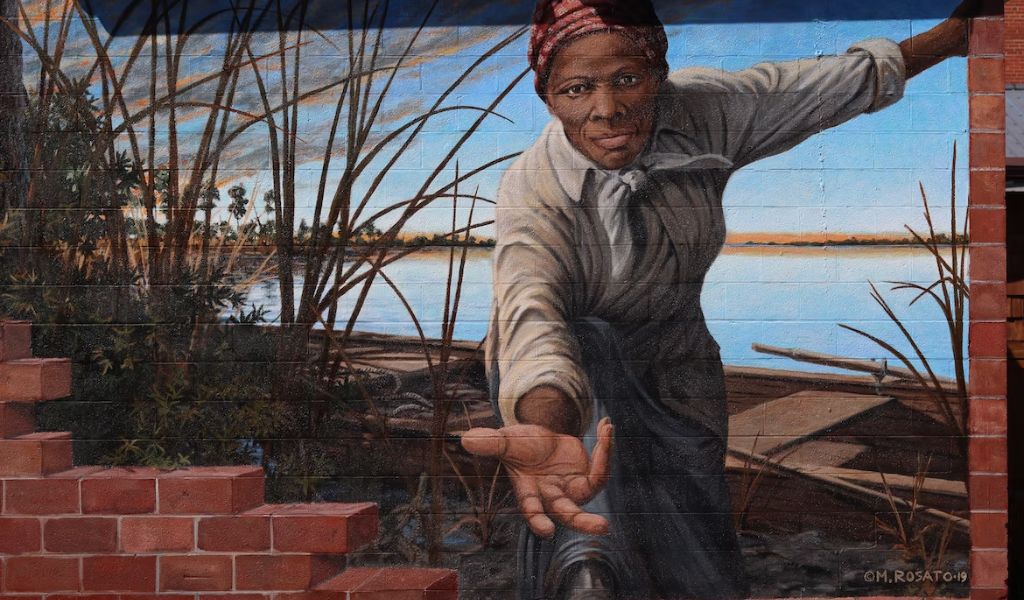Harriet Tubman is renowned as the enslaved woman who delivered emancipation to all she met. The legacy of Harriet Tubman’s lifework has motivated innumerable people worldwide. Tubman was born into the condition of being a chattel slave. However, her life made it to history owing to her contributions within and beyond her vicinity.
Harriet Tubman is revered for her part in the abolitionist struggle and the Underground Railroad. However, most people are unaware that Tubman’s legacy also includes a profound dedication to education. There are many activist Harriet Tubman essay free and research papers a student can access to learn about the resilient Harriet Tubman. There are numerous words to describe Harriet Tubman due to her colossal impact. Stay glued as this article explores facts about Harriet Tubman. It also gives insight into Harriet Tubman’s contribution to women’s education in a society where it was unheard of.
Tubman’s Contribution to Women’s Education
Tubman understood the transformative potential of education. She was resolute in her mission to guarantee that African Americans had equal access to opportunities. Tubman recognized the importance of education even though she had none herself. There is no record of Harriet Tubman education since she had none. Notwithstanding, she drew upon her life experiences to motivate and encourage others. The legacy of Harriet Tubman is a tribute that education is a powerful vehicle for social change.
She founded a school in Auburn, New York, specifically for teaching children of African American descent. The school was run out of Harriet Tubman’s home. This is regarded as one of Harriet Tubman’s most significant contributions to the field of education. Despite Harriet Tubman obstacles, she provided the financial support for the school herself. Children were given the opportunity to receive an education for free. However, that was not the end of Tubman’s commitment to furthering knowledge.
Tubman understood education’s importance in ending the cycle of poverty and injustice plaguing African Americans. She was a prominent supporter of the Freedmen’s Bureau. This provided educational and other services to newly freed slaves. She fought for the building of schools throughout the South to ensure that all children had access to education. This was done to ensure that all children had equal education opportunities.
The educational legacy that Harriet Tubman left behind continues to inspire people today. Today, the contribution of Harriet Tubman leaves a legacy as a reminder of the significance of education. She made it known that education is an instrument for achieving gender and racial equality. Tubman had firm faith in the potential of education to revolutionize individual lives and entire communities. This served as the impetus for her unwavering dedication to increasing access to educational opportunities.
Other Contributions of Harriet Tubman in History
There are many facts about Harriet Tubman a student can learn due to her significant contributions to society. Harriet Tubman was a trailblazer defining what it meant to be viewed as an icon. One may describe her as a physical expression of freedom for many people. This energetic woman who was skilled in diverse fields is still cherished as a symbol of freedom. Tubman established her network of contacts within the Underground Railroad. This happened thanks to the friendships she formed with other abolitionists.
When the American Civil War began in 1861, after working as a conductor for ten years, Harriet Tubman was called to active duty. She was able to heal Union soldiers and runaway African Americans. She achieved this using the therapeutic benefits of wild plants. She gained This skill as a young enslaved woman working in the woods. Her resourcefulness as a nurse was demonstrated by the fact that she was able to treat both groups. After only two years of military service, Harriet was tasked with infiltrating enemy territory. A task given to acquire information from a network of informants.
Harriet Tubman was the first woman in the history of the United States to lead a military expedition. She led Black men in the Combahee River Raid in South Carolina in 1863. Before that, she worked as a nurse, laundress, and cook. After that, she became a spy and scout. Despite Harriet Tubman challenge with finances, she never stopped helping others who were in need. Her open-door policy established the Harriet Tubman Home for the Aged and Indigent Colored People in 1896.
This home was on the ground adjacent to the property where she resided. She lived there for the remainder of her life till she passed away in 1913. This house is in Auburn, New York, about an hour west of Syracuse, and close to Seneca Falls. It is regarded as the birthplace of American feminism and women’s rights. It has become a center of religious veneration for African Americans. Now, students can find a book about her life and write research papers about her significant impact on the lives of many.
Conclusion
The legacy of Harriet Tubman will be remembered by many. This is due to her heroic deeds on the Underground Railroad and her significant contributions to women’s education. It is imperative that, as we strive toward constructing a society that is more just and equitable, we do not forget the contributions made by Harriet Tubman. Alongside those like her, she battled relentlessly for equal access to educational opportunities. It is imperative to have educational opportunities, particularly for those excluded and underserved.










































